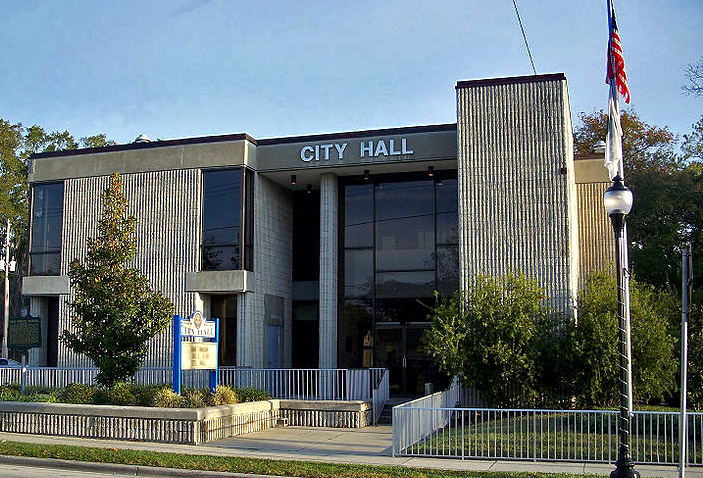HIGH SPRINGS – The High Springs City Commission has approved Comprehensive Plan Amendment CPA-21-01 related to the City’s 10-Year Water Supply Facilities work plan and the City’s Comprehensive Plan and will submit it to the Florida Department of Economic Development for review by various state agencies.
The Commission also adopted Ordinance 2021-06, amending the text and Future Land Use Plan Map of the Comprehensive Plan to reflect changes in state requirement and local conditions. The Comprehensive Plan is statutorily required.
The plan lists the City’s goals for the next 20 years, provides a guide for future land use decisions and is the basis of land use regulations. Within one year of adoption of the Comprehensive Plan the City is also required to update the land development code to bring it into compliance with the Comprehensive Plan. The Comprehensive Plan must be updated every seven years in order to incorporate state regulation changes. However, this Comprehensive Plan is a full update since it hasn’t been updated every seven years.
There are 12 elements to the plan, nine of which are statutorily required and three others voluntarily included. An economic development study conducted several years ago has been incorporated as one of the elements of the plan. With that included, the City can apply for funding that relates to economic development and can point to that study and element of the plan.
The other two voluntary elements are the Historic Preservation element and the Public School Facilities element.
The nine other elements are Future Land Use, Property Rights, Transportation, Conservation, Utilities, Housing, Parks, Recreation and Open Spaces, Intergovernmental Coordination and Capital Improvements.
General changes to the plan include an updated map series, updates to statutory references and dates and the plan removes language that is better suited to the Land Development Regulations.
Once the plan is reviewed at the state level, the City will hold a public hearing for the Commission to consider adoption. The City must also update the Land Development Code regulations, which is estimated to be completed by summer 2023. City Manager Ashley Stathatos said developers have been using loopholes in the plan, but those loopholes have now been closed during the review process. Stathatos said this version of the Comprehensive Plan is more user-friendly and has been shortened. “It is easier to navigate now,” she said.
The Commission approved the Future Land Use Plan Map of the Comprehensive Plan with little discussion. The 10-year Water Supply Facilities Work Plan also was approved, but concern was voiced that it should have been updated in the plan in 2020. Assistant City Manager Bruce Gillingham said the Suwannee River Water Management District is currently updating the District’s Water Facilities Supply Plan so the Comprehensive Plan being sent to the state is using current information, but about to be outdated, figures. The new plan numbers are estimated to be available in November. At that time, the City’s Comprehensive Plan will also need to be updated with those figures.
# # #
Email cwalker@
alachuatoday.com
Add a comment



